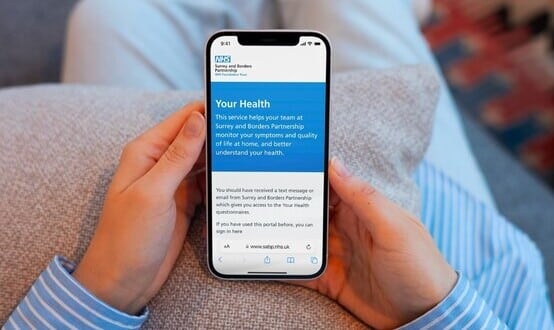Competition begins to open up in the South
- 11 September 2008
Competition for NHS IT business in the south of England looks set to become a lot more “flexible”, with trusts and strategic health authorities planning to take different approaches.
Gary Cohen, executive chairman of IBA Health Group, the owners of iSoft, told E-health Insider that competition looks certain in the region, following Fujitsu being axed as local service provider in May. The likelihood is now that no replacement LSP will be appointed.
“In the South, we will have preferred providers and trusts will be given a fair bit of flexibility; trusts will be able to make choices,” he said.
Sources in the region suggest that some trusts, including North Bristol NHS Trust and Royal United Hospital Bath NHS Trust, still plan on taking Cerner Millennium, but others now want to take iSoft’s Lorenzo product. Others are sitting firmly on the fence.
Sources also suggest that BT’s first bid to NHS Connecting for Health to take over the eight live Cerner sites in the south has been rejected for being too expensive. With the termination of the Fujitsu LSP contract, progress on further implementations of systems has stalled.
In addition to acute trusts, community and mental health trusts have been left waiting for new systems, including the RIO product supplied by CSE-Servelec. However, in a recent written answer to MPs, health minister Ben Bradshaw claimed that these organisations might get new systems faster than they would have done otherwise.
Support for a switch to Lorenzo is understood to be particularly strong among trusts covered by the NHS South East strategic health authority. A number of NHS organisations in Cornwall are also thought to favour Lorenzo ahead of Cerner. A handful of other trusts are said to favour non-National Programme for IT in the NHS options.
The two remaining local service providers, BT and Computer Sciences Corporation, have now held demonstrations of their software at a number of sites across the region. One trust IT manager told EHI “NHS Connecting for Health is genuine about choice from between the LSP solutions.”
In an exclusive telephone interview with EHI, Cohen said: “My understanding is that there will be a fair degree of flexibility in the South. We are working with partners and dealing directly with customers. It is early days, but we are hoping we will see options open up.” Looking ahead he said: “I think we’ll be a bit more agnostic and keep ourselves a bit more flexible.”
ISoft is the main supplier of care records software for CSC in the North, Midlands and East of England. The company is contracted to deliver its new Lorenzo CRS software, the first implementation of which recently went live at South Birmingham Primary Care Trust.
Speaking just before the go-live, Cohen said there could potentially be situations in which iSoft would compete with CSC in the South. He also said he was relaxed about CSC looking at additional products from Portugal’s Alert. “CSC is entitled to go down south and offer different products. We don’t have exclusivity with them and they don’t have exclusivity to us.”
He said iSoft was confident about its future Lorenzo products and that recent contract extensions – such as those in Harrogate and Sunderland – had shown that trusts wanted to keep its older products.
However, he said that if trusts outside the south were to make choices other than CSC and iSoft he would be sanguine about that as well. “If Cerner wins some business in our regions then there is nothing inherently wrong about that.” The market, Cohen added, would drive uniformity “if the product is good.”
He added that despite delays to the national programme, it was worth sticking with. “The programme is so far advanced today that it would be difficult to turn back the clock now. There will be a lot of benefits that come from completing that journey.”
Link
Lorenzo Studio takes on the world




